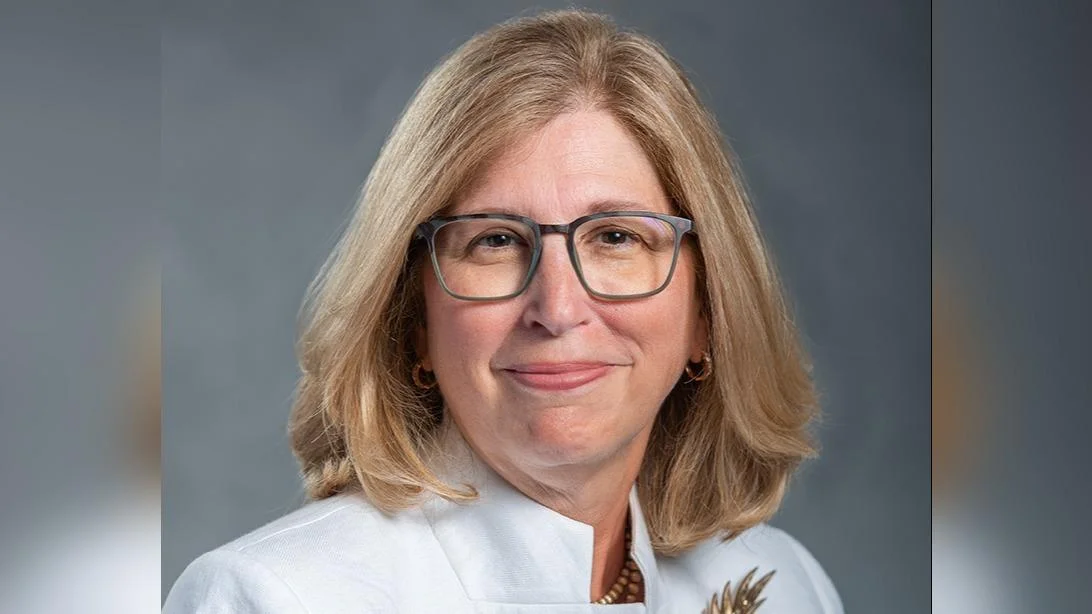Interim President Teresa K. Woodruff, Ph.D. | Michigan State University
Interim President Teresa K. Woodruff, Ph.D. | Michigan State University
The Michigan State University College of Osteopathic Medicine celebrated the commencement of its first class from the Physician Assistant Medicine Program on Friday, Aug. 23.
Of the 32 graduates, 17 have already signed contracts for physician assistant (PA) positions and five more have an offer under consideration. Of those who have accepted a position, 76% are staying in Michigan and 71% have decided to work in medically underserved communities or areas experiencing a health care professional shortage, continuing the college's legacy.
The MSU College of Osteopathic Medicine was recently named No.1 in the nation by U.S. News & World Report for having the most graduates practicing in health professional shortage areas.
With a shortage of health care professionals across the state and nation, PAs are highly sought to expand access to care. MSU’s program prioritizes PA students training alongside student physicians, enabling them to graduate with skills needed for a team-based medical care approach that improves efficiency and patient outcomes.
These new PAs will be working in numerous specialties, including internal medicine, family medicine, emergency medicine, behavioral health, pediatric intensive care, cardiothoracic surgery, orthopedic surgery, dermatology, cardiology, neurosurgery, hospitalist medicine, urgent care and trauma surgery.
Employment for PAs is projected to increase by 27% over the next decade according to the U.S. Bureau of Labor Statistics. There are 310 PA education programs nationwide and 10 in Michigan.
The MSU program is unique because it is housed within an osteopathic medical school and enables doctors of osteopathic medicine and PAs to gain a better understanding of how they can work together for better patient care and outcomes, explained John McGinnity, director of the PA Medicine Program.
McGinnity added that the PA profession and the osteopathic approach to medicine are very similar.
“You want to become a PA because you want to take care of patients,” he said. “The mind-body-spirit approach to care is a core value in the PA approach. For example, at MSU we are the first in the nation to have PA students learning basic OMM (osteopathic manipulative medicine) techniques.”
He explained that working together and learning basics of OMM resonates with students who also train with other medical providers as part of the health care team.
“We have 300 (osteopathic) physicians graduate every year who know how PAs are trained,” McGinnity said. “Now both groups have a better understanding. This brings value to patients.”
PA students rotate through many Michigan medical systems including Henry Ford Health, University of Michigan Health-Sparrow, Trinity Health, Corewell Health Hillsdale Hospital and Munson Healthcare. Clinical training sites are located in areas of need especially Michigan counties designated as health professional shortage areas including several in the Upper Peninsula.
The MSU College of Osteopathic Medicine launched its PA Medicine Program in May 2022. Most students are from Michigan — 94% — and about half completed their undergraduate degree at MSU.
###






 Alerts Sign-up
Alerts Sign-up